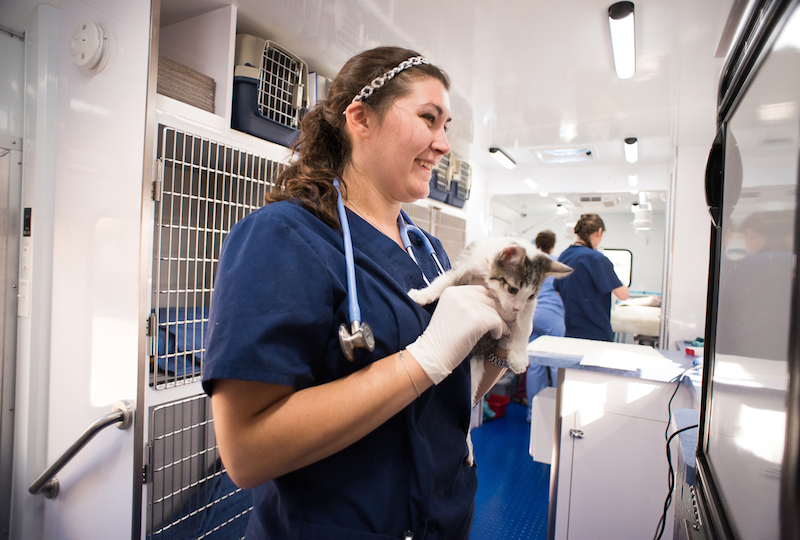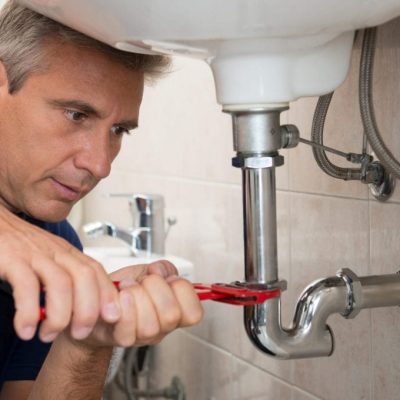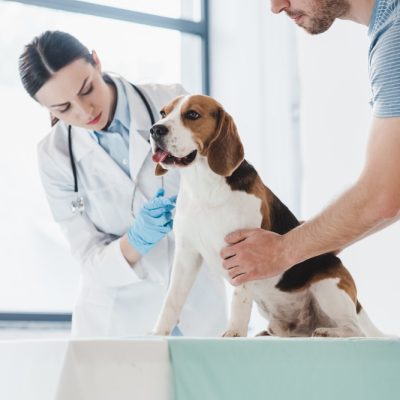Should You Go To An Emergency Veterinarian In Nashville, TN?

Veterinary Services help ensure animal health and safety. These efforts also support human health through the control of zoonotic diseases (those that can be transferred from nonhuman animals to humans), research, food safety and the uniformed services.
Emergency veterinarian in Nashville TN is led by a veterinary physician or “vet.” Veterinarians are trained to diagnose and treat animals. They are the only doctors who specialize in protecting the health and welfare of both people and animals.
Preventative Care
Preventative care includes routine wellness exams, vaccinations, testing for parasites and other diseases, and prescription medications. These preventative treatments keep pets healthy and help to ensure that any diseases are detected early and treated appropriately.
Veterinarians are also involved in public health, investigating disease outbreaks in domestic and wild animals as well as people. They work with governmental agencies to protect the nation’s food supply and wildlife, control zoonotic diseases (those passed between animals and humans), and develop bioterrorism defense programs.
Over a 6-week period, clients visiting a veterinary teaching hospital in Atlantic Canada were invited to complete a brief questionnaire. The study’s objectives were to evaluate client knowledge, attitudes and practices surrounding pet preventative care.
Routine Exams
These are essentially physical checkups for your pets that are focused on preventing and detecting illness. Veterinarians are able to spot many diseases in the early stages (such as cancers and parasites) during routine exams, which help your pet achieve and maintain optimal health.
During these visits, vets will examine your pet’s head-to-toe, checking for a variety of symptoms including pain and swelling using a stethoscope. They will also examine your pet’s weight, diet and general health. Depending on your pet’s history, age and risk of developing certain illnesses, vets often recommend routine exams every year or two.
Vaccinations
Vaccination teaches the animal’s immune system to recognize and fight disease-causing pathogens. Widespread vaccination use over the last century has greatly improved animal health and quality of life.
Veterinary services may offer a variety of vaccines for shelter animals. Vaccination strategies should reflect the particular shelter population and resources, in accordance with manufacturer instructions, government regulations, scientific standards, professional organization guidelines and veterinarian recommendations.
Vaccines must be stored and administered correctly to preserve their effectiveness. Always use single-use syringes and needles (a 3cc Lure-lock type syringe with a 22 gauge needle is appropriate). Vaccination should be given immediately upon intake, delaying it even a day or two compromises the protective effect.
Microchips
Microchips are implantable computer chips that encode a unique identification number to help get your pet back home should they become lost. They are similar to the size of a grain of rice and are injected under the skin, much like a routine vaccination. This procedure is essentially painless and does not require anesthesia.
Each microchip has a unique identification code linked to a registry that lists the contact information of the pet parent. When a handheld scanner is passed over the chip, it emits a radio signal that the scanner reads.
Blood Tests
Blood tests can provide valuable information about your pet’s overall health. They identify whether there are enough red blood cells to carry oxygen, indicate immune system response and check blood clotting ability. Blood chemistry panels and urinalysis also help determine if your pet has metabolic disease or kidney/bladder disease.
Other diagnostic testing like X-rays, endoscopy and ultrasound can help your Downey veterinarian get to the root of any problem your pet may be experiencing. They can find illnesses such as diabetes, liver disease, thyroid diseases and more. These test can detect illness before symptoms appear, allowing your pet to be treated early.
Surgery
A wide variety of surgical procedures are performed by veterinary surgeons. This includes spaying/neutering, amputations and removal of bladder stones.
Some veterinarians work in research laboratories and pharmaceutical/biomedical research firms where they help develop and test drugs, vaccines, and medical devices. These veterinarians have made important contributions to human health, including discovering the diseases that cause malaria and yellow fever, developing an anticoagulant used by some people, and finding new ways to treat heart disease.
All surgical protocols require careful presurgical planning, training of personnel in anesthesia and aseptic technique, monitoring of animal physiologic status during recovery from surgery (including thermoregulation, fluid and electrolyte balance, and pain management), and accurate record keeping.
Hospitalization
A veterinary hospital is a building or facility for the examination, medical treatment, surgery, grooming, and general health care of animals. This includes providing temporary housing for sick or injured animals.
Research veterinarians at universities, colleges, and governmental agencies develop new ways to diagnose and treat animal diseases and illnesses. They also work to control zoonotic disease—those diseases that pass from animals to humans.
Veterinary services also help maintain and improve the quality of life for laboratory animals in institutional research, teaching, testing, and production programs. This may involve establishing and reviewing medical and animal use records.









